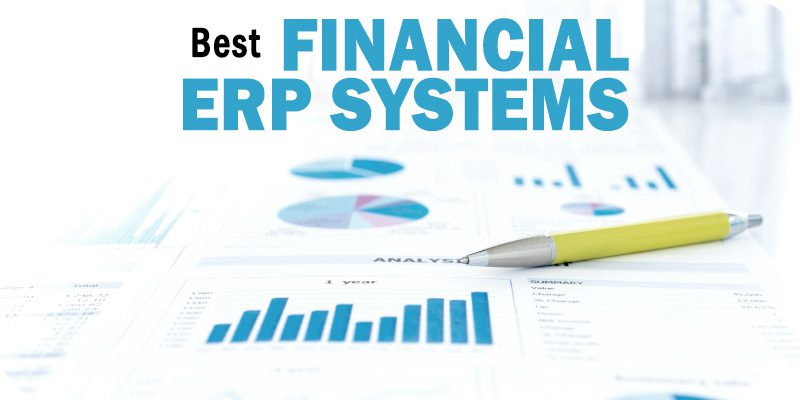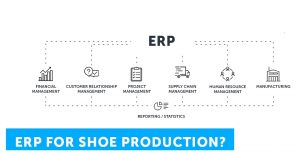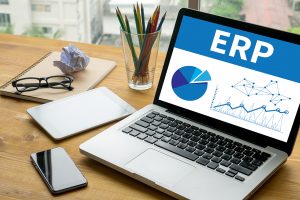ERP Financial Management Systems integrate a range of business operations and make data transfer between them more manageable. All of the other modules rely on the data provided by an ERP finance module to do their functions. Without financial data in an ERP system, your application would function in a void.
ERP Finance-
An ERP Software financial module is a piece of software that collects financial data and provides reports. It enables you to transmit financial information to external parties in a more transparent manner. Accounts payable, accounts receivable, general ledger, budgeting, and other tasks can help you do this.
Attributes of ERP Financial Management Systems:
1. Profit Tracking
Profit tracking is a core purpose of ERP financial management modules. The tracker calculates how much your company gains from your efforts based on incurred costs and receivables. Profit tracking will show you where your revenues originate from and the return on investment for any purchase.
2. Accounts Payable
Account payable will handle all of the money owed to vendors and other creditors by your organization. Accounts payable connects your expense data to your purchasing system. The system is capable of processing massive volumes of invoices between your firm and vendors on time.
3. Ledger Management
A general ledger keeps a detailed record of all financial transactions. It serves as the foundation for preparing financial statements. Having all of your financial information in one location might make submitting tax returns easier. Some Enterprise Resource Planning finance systems will alert you to unusual transactions or fraud.
4. Accounts Receivable
Accounts receivable enables your company to keep track of all the money that their customers owe them. It will keep track of customer payments as well as invoices and cash. Automation can help to speed up the collection process while also improving client interactions. Customers that h nents and display them accordingly on the dashboard. Examine real-time data in graph formats to gain a rapid understanding of your company’s financial health.
8. Fixed Asset Management
Fixed Asset management improves visibility into utilization, expenditures, and upkeep for your firm. Keeping track of your assets will save you money on taxes. The application will also detect sales tax savings potential. Also, some specific industries do give tax incentives or exemptions in some countries.
9. Tax Management
Tax management software saves system taxation configurations and performs tax auditing and reporting. Use these settings throughout the system to ensure that sales and VAT taxes are collected consistently. Tax management tools also automate the time-consuming process of determining the sales tax jurisdictions of ship-to addresses.
In closing,
Whether your company is strategizing its digital transformation or evaluating ERP vendors, you must make the right decisions at each stage. An ERP system would not function correctly without a financial module.
Connected IT provides customized, feature-rich, and unified ERP software, speeding up business operations and making decisions easier.
Connected IT, the heart of your ERP, provides powerful business processes finance software – simple enough for small shops but complex sufficient for huge multinationals – that can serve your demands today and in the future.
To learn more, please Contact Us or send an email to hello@connectedit.consulting. We’ll get back to you as soon as possible!
Related Links
ERP Project Management
Business Process mapping
Small Business ERP
ERP Consulting



